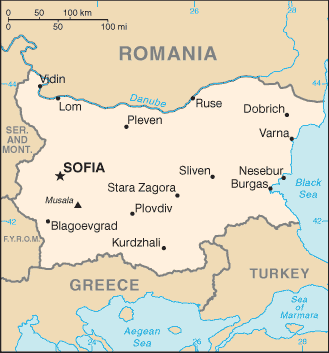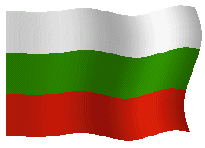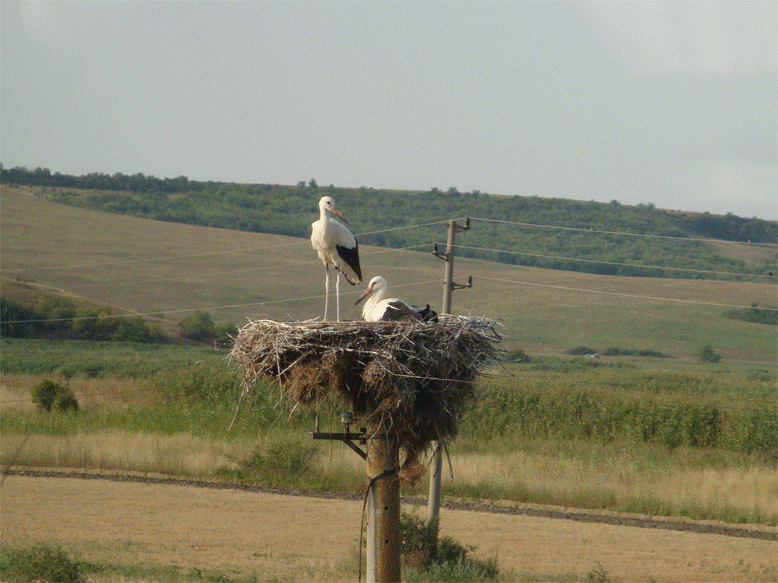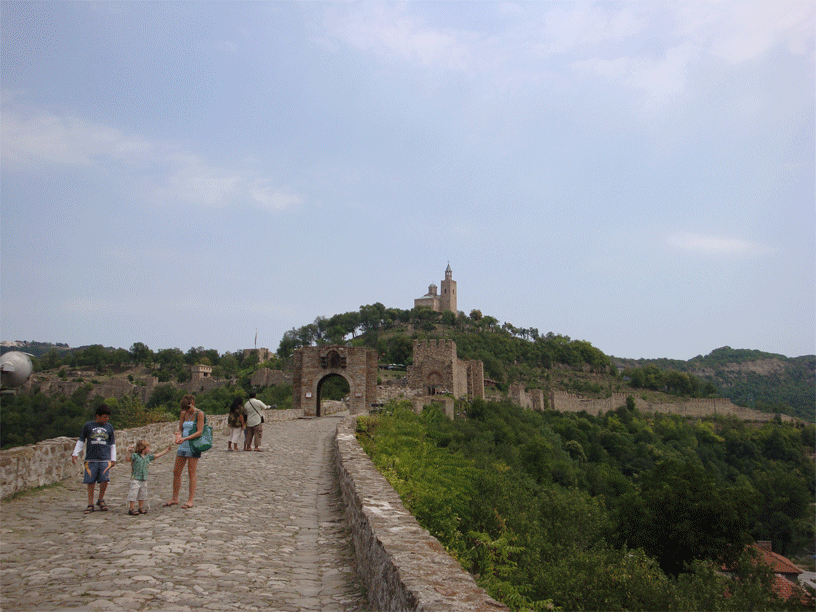 |
The first
Bulgarian Kingdom was founded by Khan Asparouh in 681. It was situated
in what is now north-east Bulgaria, and was inhabited by Slavs from the
Byzantium Empire, and Bulgarians who came from an ancient Bulgarian
state situated on the Volga river. The creation of the Slavonic
alphabet by brothers Cyril and Methodius in 863 and the establishment
of Eastern OrthodoxChristianity as a state religion in 864 contributed
to the development of the Bulgarian nationality and created conditions for the flourishing of Bulgarian literature and culture. From 1018 till 1185 Bulgaria remained in the Byzantium Empire. In 1185 the Second Bulgarian Kingdom was declared after the end of Byzantium rule and oppression. In 1393 after a long war and fierce resistance the country fell under Turkish rule. After an unsuccessful revolution in 1876, Bulgaria received freedom thanks to the Russian-Turkish Liberation War (1877-1878). The state was particianed into three parts after the Berlin Conference in 1878. In 1989, the country performed an unprecedented peaceful transition from autocratic communist rule to a democratic system. A new Parliament was elected in June, 1990 after the first free elections in 50 years. This Parliament made a New Constitution said to be one of the most democratic constitutions in Europe and the first among the former socialist countries. The main tasks facing the New Parliament (elected in the second free elections, October 1991) are creating laws that will ensure a transition to a free market economy. |
  |

Bulgaria 2008

Veliko Tarnovo

Arbanasi


